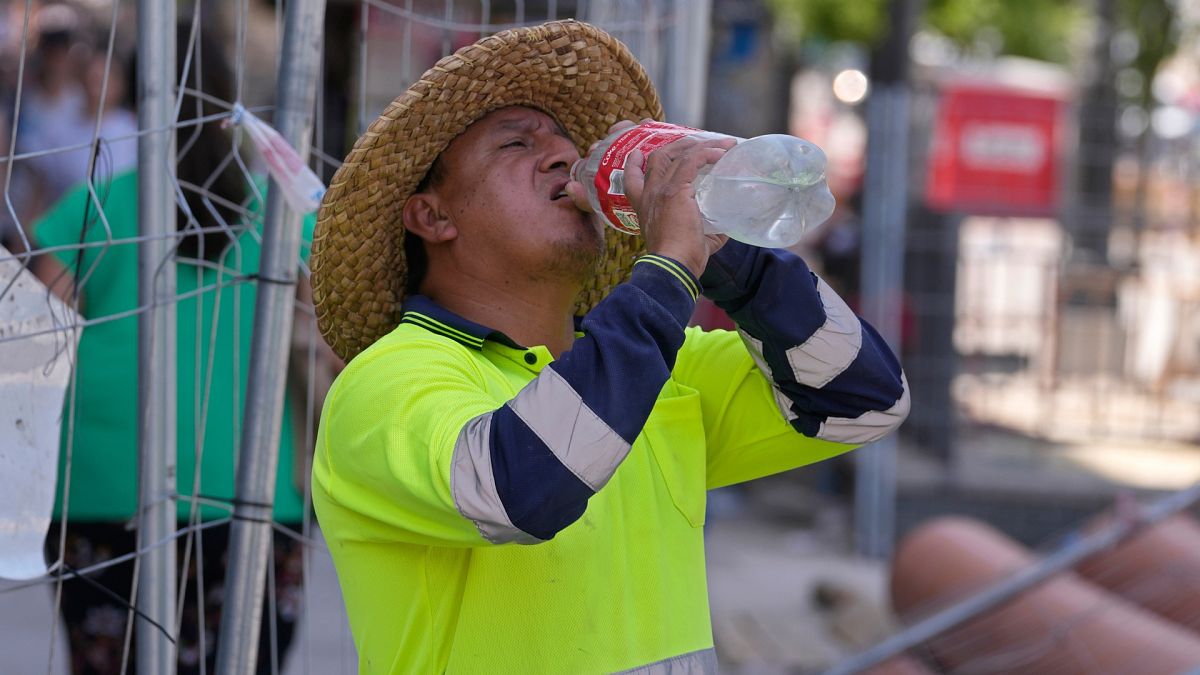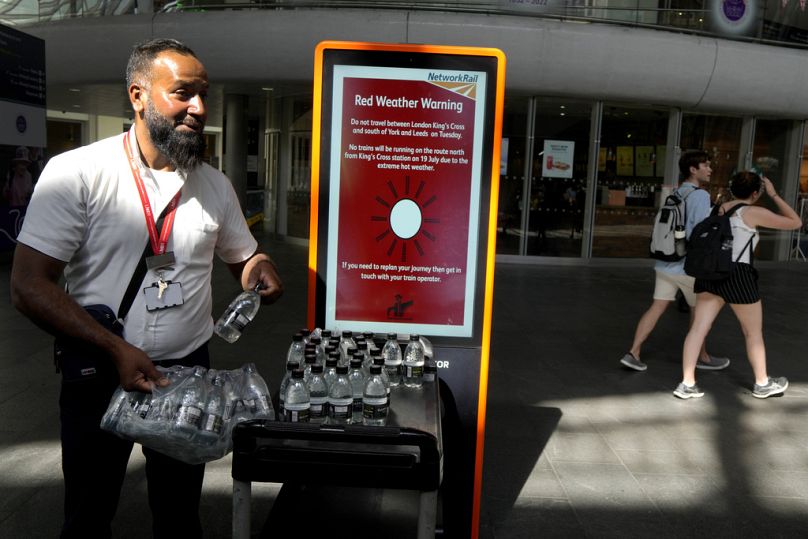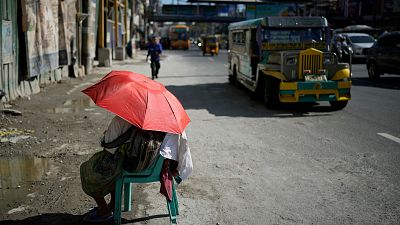Numerous health conditions from cancer to pesticide poisoning have been linked to climate change.
More than 2.4 billion people around the world are exposed to climate change-related health hazards.
A new report from the UN’s International Labour Organisation (ILO) has found that climate change is already having a serious impact on the health and safety of a “staggering” number of workers in all parts of the world.
It estimates that more than 70 per cent of the world’s 3.4 billion workers are likely to be exposed to excessive heat at some point during their work. The figures from 2020, the last year for which data is available, are up from two decades ago when it was 65.5 per cent.
Almost 19,000 lives are lost each year due to workplace heat stress. It is also responsible for 22.87 million occupational injuries and 26.2 million people worldwide living with chronic kidney disease.
Workers are exposed to more hazards than just heat
Climate impacts go further than just heat stress, the report adds. Agricultural workers and heavy labourers in hot climates are exposed to a “cocktail of hazards” which can result in a range of dangerous health conditions.
People working in poorly ventilated spaces and hot indoor conditions are also at risk.
Numerous health conditions found in workers have been linked to climate change, the report notes. This includes 1.6 billion people exposed to UV radiation with more than 18,960 work-related deaths a year from non-melanoma skin cancer.
Workplace air pollution also impacts 1.6 billion people resulting in up to 860,000 deaths among outdoor workers each year. Pesticides too are linked to health conditions for 870 million people in the agricultural industry with 300,000 annual deaths from pesticide poisoning.
And 15,000 people each year die due to exposure to parasitic and vector-borne diseases.
‘It is essential that we heed these warnings’
The report says workers are among those most frequently exposed to climate hazards and often “have no choice but to continue working, even if conditions are dangerous”. It adds that many of the hazards and risks are not new.
“It’s clear that climate change is already creating significant additional health hazards for workers,” says Manal Azzi, occupational safety and health (OSH) team lead at the ILO.
“It is essential that we heed these warnings. Occupational safety and health considerations must become part of our climate change responses - both policies and actions.”
Many countries across Europe are already considering new protections for workers during intense periods of heat. At least five people died while working in July’s brutal heatwave in Italy last year - the real death toll is likely much higher.
After a street cleaner died from heatstroke in Madrid in 2021, Spain moved to ban some outdoor work during extreme heat. Last year, Greece also placed a ban on working in construction and delivery during the hottest hours of the day.
Trade unions too have been calling for paid leave for staff when there are intense periods of heat.




